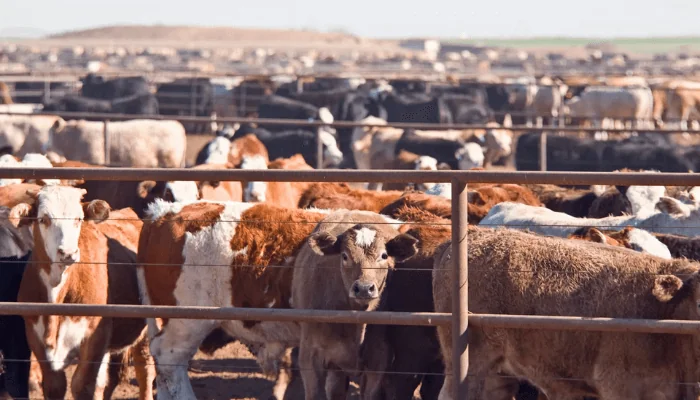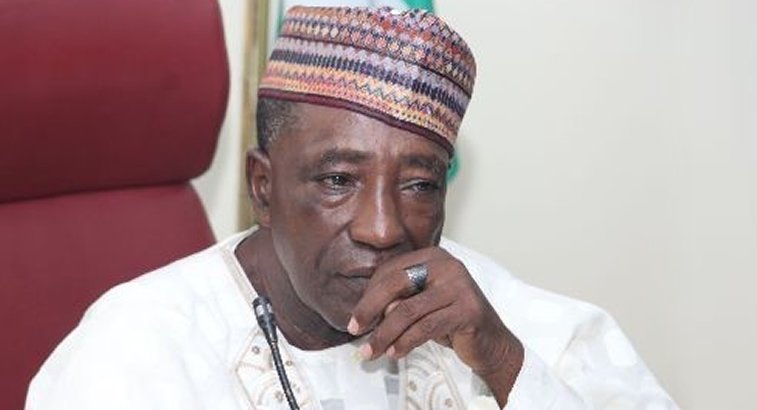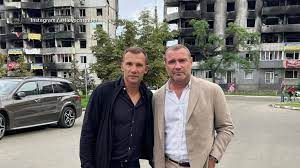Kano Trains 1,000 Youths on Turning Rice Straw into Livestock Feed
The Kano State Agro-Pastoral Development Project (KSADP) has launched a major youth training programme aimed at converting rice straw into livestock feed, creating job opportunities, and promoting environmentally friendly agricultural practices.
Backed by the Islamic Development Bank and the Lives and Livelihoods Fund, the initiative targets 1,000 youths, primarily from rice-producing communities across the state. The training is currently taking place at the Audu Bako College of Agriculture in Dambatta.
According to Ameen Yassar, the project’s communication specialist, the programme is designed not only to generate income for the youths but also to reduce environmental pollution caused by the common practice of burning rice straw after harvest.
Ibrahim Muhammad, the KSADP State Project Coordinator, emphasized the importance of the training. “This is crucial for sustainable agriculture,” he said. “Educating youths on composting and using rice straw as livestock feed will boost their income and help reduce environmental hazards.”
Muhammad also noted that increased availability of local livestock feed would help address security concerns related to nomadic herding, which sometimes sparks conflict between farmers and herders. By using urea-treated rice straw as feed, livestock can gain weight effectively while also improving inter-community relationships.
“Rice production is increasing in Kano, but rice straw is still underutilised,” he said. “Most farmers burn it or use it for thatch, but with proper treatment, it becomes valuable feed.”
As part of the project’s next phase, KSADP plans to establish 200 production hubs around irrigation zones. Each group of five youths will be supported with grants or credit to acquire machines, raw materials, and transportation to produce and sell urea-treated feed.
“We’ve already procured the machines. Each group is expected to process and sell up to 500 metric tonnes of feed during the harvest season,” Muhammad added.
Professor Muhammad Wailare, Provost of Audu Bako College, expressed excitement about co-hosting the training. He highlighted the benefits of exposing the participants to simple, eco-friendly technologies that can generate income while supporting sustainable agriculture.
This initiative stands out not only for addressing youth unemployment but also for offering a practical solution to improve livestock production, reduce environmental waste, and promote peaceful coexistence in farming communities across Kano.
















